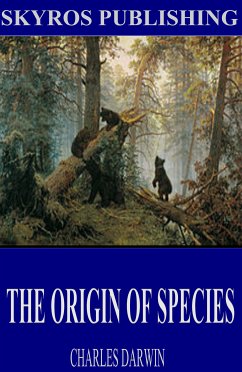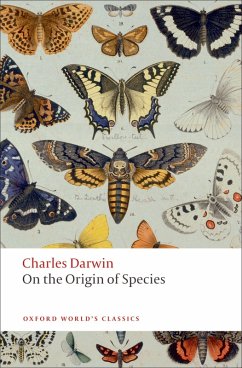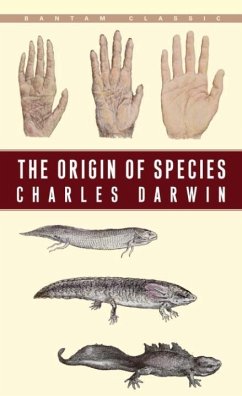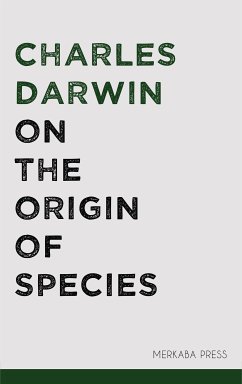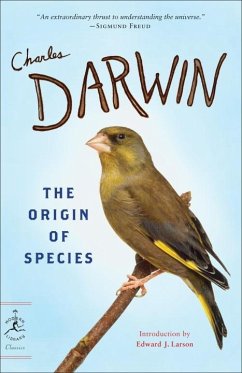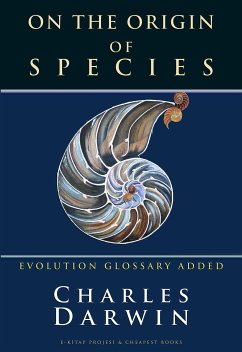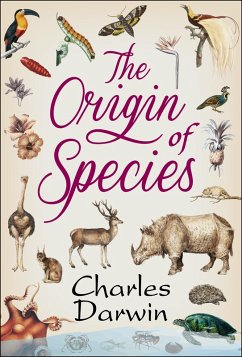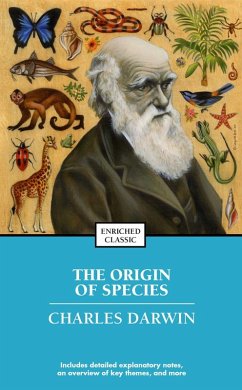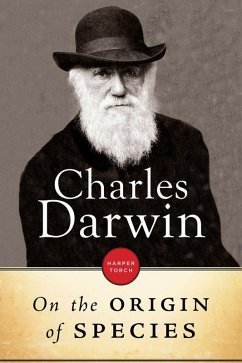
Charles Darwin's On the Origin of Species - Unabridged (eBook, ePUB)

PAYBACK Punkte
2 °P sammeln!
"On the Origin of the Species" is Charles Darwin's groundbreaking treatise on how life developed on this planet. Darwin's theories on evolutionary science and natural selection have since formed the basis for modern scientific beliefs in how species - over thousands, even millions of years - adapt and change depending on their surroundings, their changing environment and the threat of predators by making incremental changes to their own physical makeup in order to survive and thrive on planet Earth.The book - originally published in 1859 - has since been hailed as a signature achievement in sc...
"On the Origin of the Species" is Charles Darwin's groundbreaking treatise on how life developed on this planet. Darwin's theories on evolutionary science and natural selection have since formed the basis for modern scientific beliefs in how species - over thousands, even millions of years - adapt and change depending on their surroundings, their changing environment and the threat of predators by making incremental changes to their own physical makeup in order to survive and thrive on planet Earth.
The book - originally published in 1859 - has since been hailed as a signature achievement in science and the theories posited by Darwin almost two centuries ago are now central to the understanding of how life on this globe evolved and adapted. "On the Origin of the Species" is presented here in its original and unabridged format.
The book - originally published in 1859 - has since been hailed as a signature achievement in science and the theories posited by Darwin almost two centuries ago are now central to the understanding of how life on this globe evolved and adapted. "On the Origin of the Species" is presented here in its original and unabridged format.
Dieser Download kann aus rechtlichen Gründen nur mit Rechnungsadresse in A, D ausgeliefert werden.




